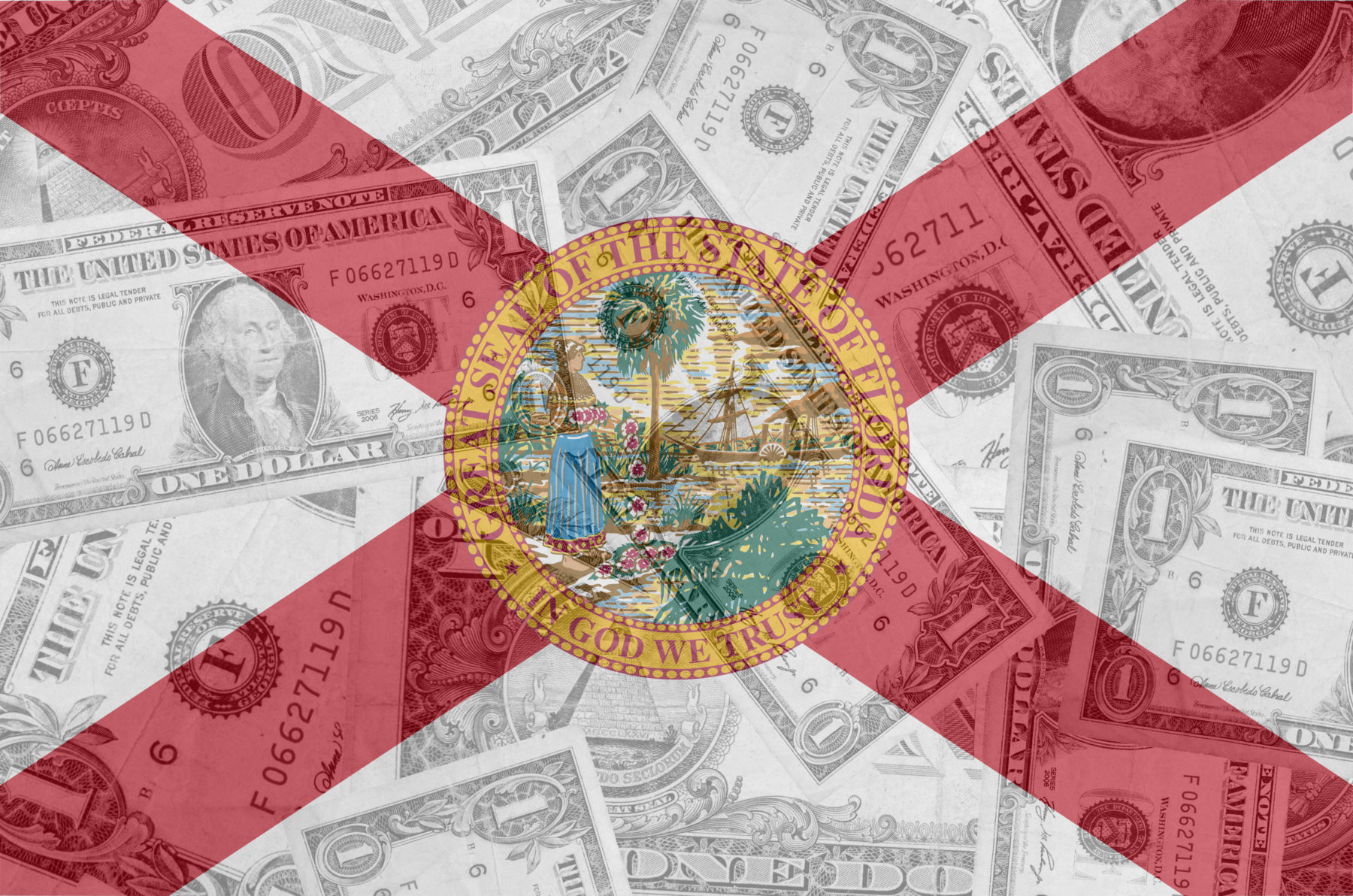OPINION: Minimum wage amendment reveals Florida’s ideological inconsistencies

Florida was one of the first states to tally up its votes and decide it wanted to keep President Donald Trump in office. He won the popular vote in the state by almost 375,000 votes, but the passing of an important left-leaning amendment has left some feeling confused.
Amendment 2 was passed with roughly 61% of the vote, making Florida the eighth state in the country to raise its minimum wage to $15. The amendment proposed an increase to the minimum wage to $10 starting next September and a slow, yearly increase of $1 through 2026 when it reaches $15. This issue is a well-known Democratic policy, with President-elect Joe Biden even including the implementation of a $15 federal minimum wage in his campaign platform.
It looks like the cause for this separation between politicians that Floridians support and their opinions on hot-button topics like minimum wage is the high density of new Latino voters in Florida. With ambiguous political values, the demographic is less likely to vote with a single party on all issues.
Latino voters are hard to gauge politically, and hundreds of thousands found a home in Florida after Puerto Rico was devastated by Hurricane Maria in 2017, according to NBC News. This made Latinos a record 17% of total voters in the state, an October survey from the Pew Research Center confirmed. Some experts have said their rise in population could explain the divide.
Geraldo Cadava, professor at Northwestern University, published a book on the subject in May titled “The Hispanic Republican: The Shaping of an American Political Identity, From Nixon to Trump.” He explained that most pollsters and political scientists assume Latino voters who lean conservative do so because they either practice Catholicism or identify as Cuban — a typically conservative group due to Cuba’s former dictator Fidel Castro being widely associated with socialism.
Cadava explained why Latinos would vote for a Republican candidate while at the same time supporting a Democratic policy.
“Some of the characters in this book did indeed explain their support for the Republican Party as the natural result of their Catholic faith,” he wrote in the book. “But Hispanics have also argued that Catholicism was the root of their progressivism, especially with respect to labor rights and social justice.”
Florida elected Republican politicians in 16 of the 27 districts with positions up for re-election as well as voted to keep Trump in office, according to election results from Politico. Although it seems like Floridians have made up their minds, the state is currently experiencing strange ideological inconsistencies between which political candidates and policies its citizens support. All these candidates would likely oppose an amendment that those same Floridians approved by a significant margin.
Although 57% of Republicans oppose raising the federal minimum wage, according to a 2019 survey from the Pew Research Center, it is still a highly divisive issue within the Republican Party. When Trump was asked his opinion on raising the federal minimum wage during the final presidential debate Oct. 22, he suggested that he wasn’t sure if it was the right move.
“How are you helping your small businesses when you’re forcing wages?” Trump said. “What’s going to happen and what’s been proven to happen is when you do that, these small businesses fire many of their employees.”
And yet, the amendment passed in a decidedly red state. This was possible because voting on amendments is a way for citizens to subvert slow democratic processes. We now understand that the majority of Floridians want to improve the conditions of the working class, something that most of the Latino community is heavily concerned about, according to The New York Times.
Of the 948,000 Latino voters who registered this year in Florida, 880,000, or 35%, registered to vote without a party affiliation, according to a poll from the Pew Research Center. This suggests that much of the demographic could be issue voters, and minimum wage was definitely a highly debated topic this year.
If Latinos continue to remain active voters like they were this year, Florida might continue to see more left-leaning policies introduced and successfully passed, despite what local and state leaders might put forward.






